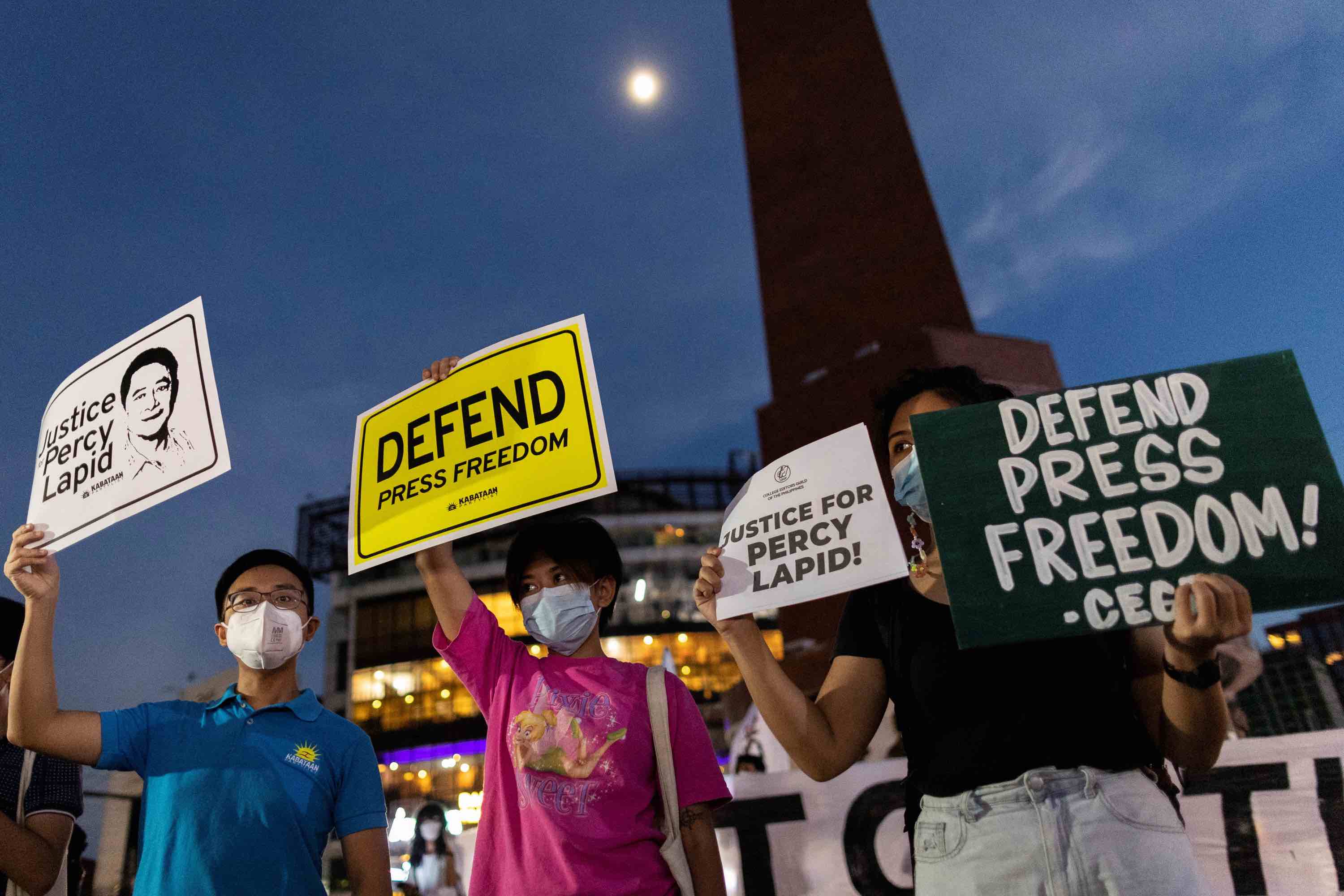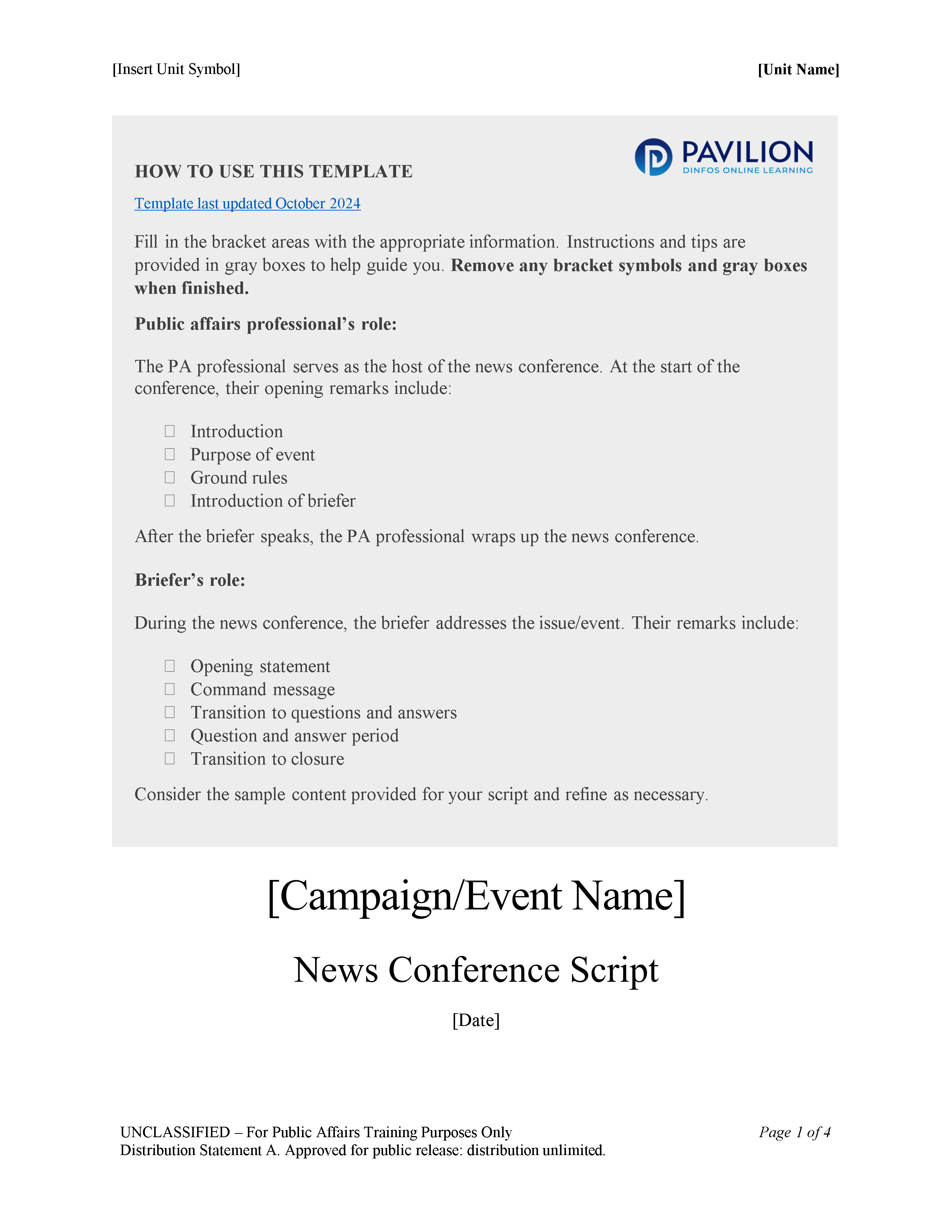Rising Costs of News Access
The Financial Times has implemented a staggering 69% increase in its subscription fees, pushing quality journalism out of reach for many. This price hike comes at a time when the journalism landscape is already fraught with challenges, exacerbating issues of access and equity. According to PriceTimeline, the publication"s digital access now comes at a hefty €69 per month, a barrier that could silence critical voices in economic discourse.
Impact on Public Discourse
This increase in subscription fees raises serious questions about the sustainability of independent journalism. As reported by the ACCC, digital platforms have already drastically altered how news is consumed, shifting the power dynamics in favor of a few tech giants. This situation threatens to limit the diversity of perspectives available to the public.

Overview and key findings of the 2023 Digital News Report | Reuters ...
Economic Inequality and Access to Information
The rising costs of accessing reputable news sources directly correlate with growing economic inequality. As subscription models become the norm, individuals from lower-income backgrounds find themselves increasingly marginalized in their ability to engage with critical information that shapes public policy. The barriers to accessing essential journalism deepen the divide between the informed and the uninformed, reinforcing the status quo that favors the wealthy.
Corporate Interests vs. Public Need
The decision to raise subscription prices raises ethical concerns about the prioritization of profit over public interest. With over a million readers reportedly paying for access, the Financial Times seems to cater to the affluent, risking its role as a watchdog of democracy. This trend raises alarms about the consequences of corporate interests overshadowing the imperative need for transparency and accountability in journalism.

News Conference Script > DINFOS Pavilion > Template
Future of Journalism in Crisis
As the Financial Times and similar outlets continue to raise their prices, the future of journalism hangs in the balance. More than ever, we need a robust public discourse that includes marginalized voices, especially in the realm of economic policy. The exorbitant fees for access not only hinder this discourse but also signal a dire need for systemic reforms that prioritize equitable access to information.







![[Video] Gunfire between Iraqi security forces and Sadr militias in Baghdad](/_next/image?url=%2Fapi%2Fimage%2Fthumbnails%2Fthumbnail-1768343508874-4redb-thumbnail.jpg&w=3840&q=75)
